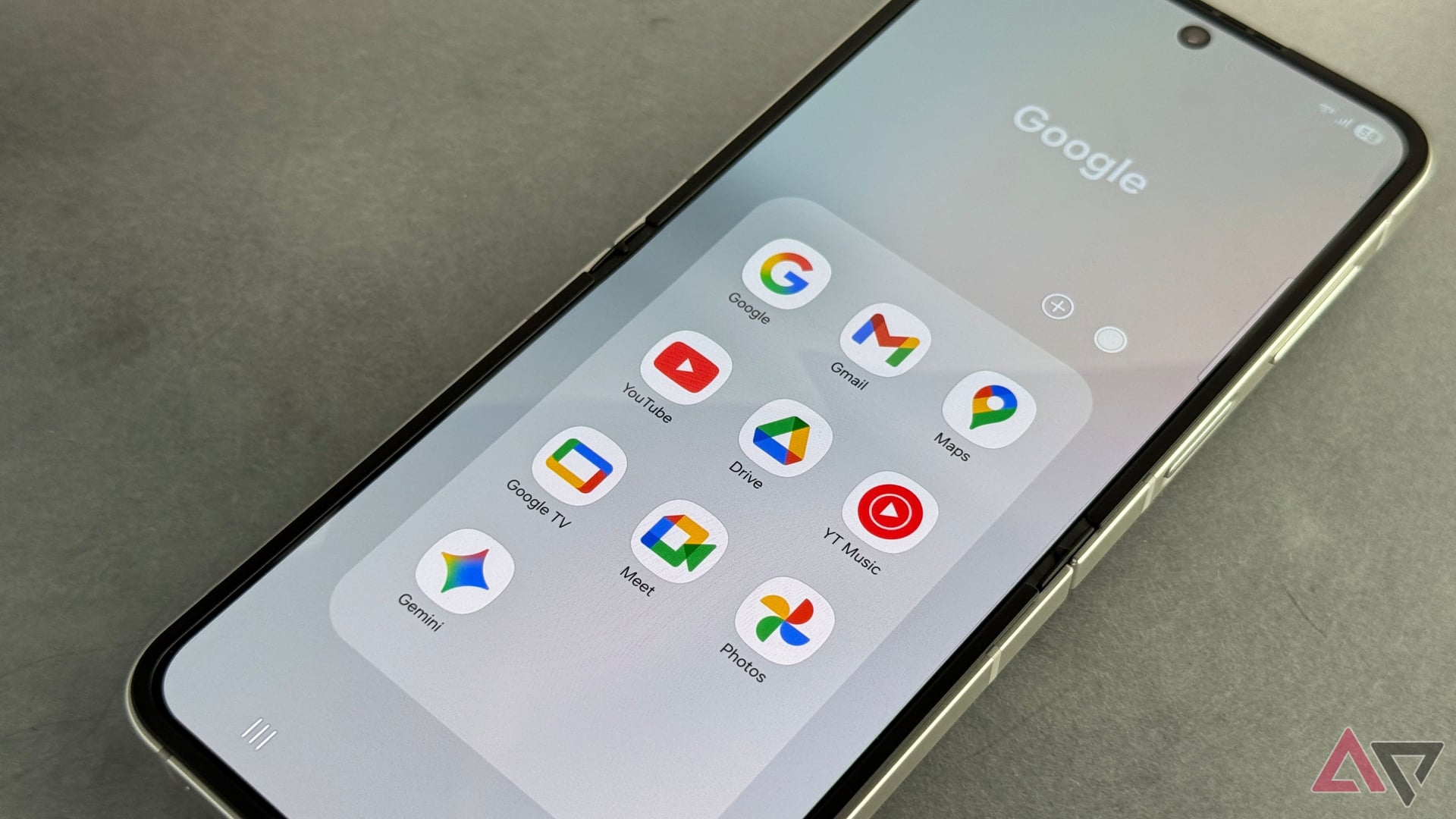Android's Silent Revolution: Can You Truly Escape the Google Ecosystem?
A Week-Long Experiment Reveals the Surprisingly Complex Reality of a Google-Free Android Experience.

For most Android users, Google's suite of apps – Gmail, Maps, Photos, Chrome, and more – are as ingrained in the mobile experience as the hardware itself. But a growing number are questioning this near-monopoly, prompting a wave of experimentation in ditching Google services. This reporter spent a week using an Android phone stripped of Google’s apps, and the results were illuminating, highlighting both the possibilities and the significant challenges of breaking free.
Key Insights:
- The Google app ecosystem’s ubiquity creates significant friction when attempting to remove it.
- Alternative apps exist, but integration and feature parity remain a persistent issue.
- Data privacy concerns are driving adoption of Google-free alternatives, despite usability trade-offs.
- The experience underscores the power of platform lock-in and the potential for future Android fragmentation.
- While a complete Google exodus is difficult, selective removal and alternative app adoption is increasingly viable.
The rise of Android’s dominance was built on Google’s open-source approach, but the company has increasingly integrated its proprietary services. This has created a situation where many Android devices feel less like open platforms and more like customized Google experiences. Recent data privacy concerns, highlighted by the ongoing debates around data tracking and targeted advertising, have fueled a growing desire among users to regain control over their digital footprint. The rise of privacy-focused ROMs like LineageOS and GrapheneOS demonstrates a desire for more control, but a full-scale migration requires more than just a modified operating system. Even with custom ROMs, the default experience remains heavily influenced by Google.
The potential for a significant shift away from Google’s services is currently limited, but the trend is notable. While less than 5% of Android users actively seek a Google-free experience (according to recent Statista data), this number is growing, particularly among privacy-conscious early adopters and tech enthusiasts. This represents a potential long-term threat to Google's mobile advertising revenue and data collection practices. Competitors like Samsung, with its own suite of apps and services, stand to benefit from this emerging trend, although they face the challenge of overcoming Google's entrenched position.
The experiment involved disabling pre-installed Google apps and replacing them with alternatives. This included using OpenStreetMap for navigation, ProtonMail for email, DuckDuckGo for search, and a third-party browser. The core challenge isn’t simply finding replacement apps; it’s the lack of seamless integration. Many features that are tightly integrated with Google services – like cloud backups, contact syncing, and location-based services – require workarounds or are simply unavailable. The reliance on Google Play Services, which many apps depend on for core functionality, also presented a hurdle.
| Feature | Google Solution | Alternative | Notes |
|---|---|---|---|
| Gmail | ProtonMail | Enhanced privacy, but different UI | |
| Maps | Google Maps | OpenStreetMap | Community-driven, less detailed |
| Browser | Chrome | Firefox | Privacy-focused, customizable |
| Photos | Google Photos | Simple Gallery | Lacks automatic syncing & editing |
| Search | Google Search | DuckDuckGo | Privacy-focused, different search results |
The reaction from the industry has been largely muted, with Google seemingly unconcerned by the relatively small user base opting out. However, privacy-focused app developers are seeing increased interest and adoption. "We're seeing a steady increase in downloads and user engagement," stated a spokesperson from DuckDuckGo. "People are actively searching for alternatives, and we're committed to providing them." Samsung's recent push for its Bixby assistant and Galaxy Store can be interpreted as a strategic move to reduce reliance on Google services, though its success remains to be seen.
“The reality is, Google has done a remarkable job of embedding its services into the Android ecosystem. Breaking free is a deliberate choice that requires significant effort and a willingness to compromise.” - Dr. Anya Sharma, Mobile Technology Analyst, Forrester Research.
The complete elimination of Google’s influence on Android seems unlikely in the near future, given the scale of its integration. However, the trend towards greater user control and privacy is likely to continue. We can expect to see more privacy-focused ROMs, alternative app stores, and efforts from device manufacturers to offer more Google-free options. The rise of decentralized technologies and blockchain-based services could also provide new avenues for creating truly independent mobile experiences. The key takeaway is that while difficult, the journey towards an Android experience less reliant on Google is increasingly possible, even if imperfect.
Conclusion:
The week-long experiment underscored the power of platform lock-in and the challenges of breaking free from a dominant ecosystem. While a complete Google exodus is currently impractical for most users, the growing desire for greater privacy and control suggests a future where Android offers more diverse and independent experiences.
 OpenAI and Jony Ive faced difficulties in developing the "io" device
OpenAI and Jony Ive faced difficulties in developing the "io" device US Prosecutors Granted Permission to Hack Telegram Servers
US Prosecutors Granted Permission to Hack Telegram Servers Google has added Adaptive Audio and gesture control to the Pixel Buds Pro 2
Google has added Adaptive Audio and gesture control to the Pixel Buds Pro 2